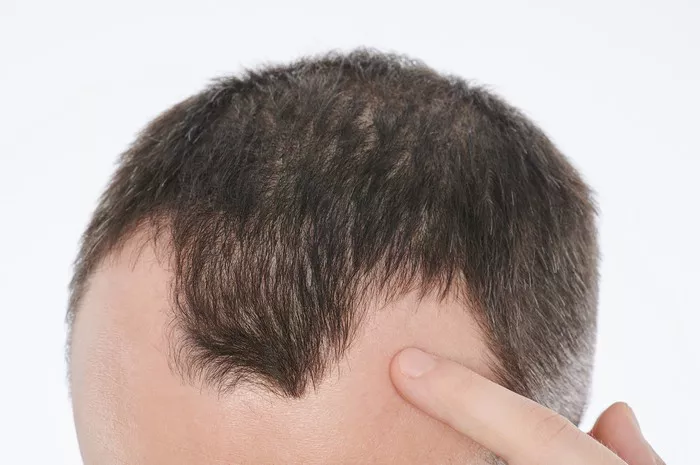Experiencing heavy hair fall can be a distressing and confidence-diminishing issue. Whether you’re a man or a woman, hair loss can impact your self-esteem and overall well-being. In this article, we will delve into practical and effective strategies to help you reduce heavy hair fall. By following these recommendations, you can take positive steps toward restoring your hair’s health and vitality.
Identifying the Root Causes of Heavy Hair Fall:
Before addressing hair fall, it’s essential to identify the underlying causes. Heavy hair fall can result from a variety of factors, including:
1. Genetics:
Family history plays a significant role in hair loss. If your parents or grandparents experienced hair loss, you may be genetically predisposed to it.
2. Hormonal Imbalances:
Hormonal fluctuations, such as those caused by pregnancy, menopause, or thyroid issues, can trigger hair loss.
3. Nutritional Deficiencies:
A lack of essential nutrients like iron, biotin, and vitamins can lead to hair loss. Ensuring a well-balanced diet is crucial.
4. Stress and Anxiety:
Chronic stress or anxiety can disrupt the hair growth cycle and contribute to heavy hair fall.
Adopt a Nutrient-Rich Diet:
A well-balanced diet is a cornerstone for hair health. Incorporate the following nutrients to promote hair growth and reduce hair fall:
1. Protein:
Hair is primarily made of protein, so ensure you consume enough lean meats, poultry, fish, and plant-based protein sources like legumes.
2. Iron:
Iron deficiency can lead to anemia, which is a common cause of hair loss. Include iron-rich foods like spinach, red meat, and fortified cereals in your diet.
3. Biotin:
Biotin, a B-vitamin, is essential for hair growth. You can find it in foods like eggs, nuts, and sweet potatoes.
4. Vitamins:
Vitamins A, C, and E, as well as the B-vitamins, are crucial for hair health. Consider taking supplements if your diet is lacking in these nutrients.
Use Gentle Hair Care Products and Practices:
Overusing harsh hair care products and practices can contribute to heavy hair fall. Consider the following steps to protect your hair:
1. Mild Shampoos:
Use sulfate-free and gentle shampoos that suit your hair type. Avoid excessive washing, as it can strip natural oils from your scalp.
2. Conditioner:
Apply conditioner to your hair to keep it moisturized and manageable. Use a wide-toothed comb to detangle hair gently.
3. Avoid Heat:
Limit the use of heating tools like hair dryers, straighteners, and curling irons. Excessive heat can damage your hair and exacerbate hair fall.
Stress Management and Relaxation Techniques:
As mentioned earlier, stress is a significant contributor to heavy hair fall. Managing stress and practicing relaxation techniques can have a positive impact on your hair health:
1. Meditation:
Regular meditation can reduce stress levels and help maintain a healthy hair growth cycle.
2. Yoga:
Engaging in yoga exercises and breathing techniques can alleviate stress and promote overall well-being, including healthy hair.
Seek Professional Guidance:
If your heavy hair fall persists despite your efforts, consult with a healthcare professional or dermatologist. They can provide tailored recommendations and treatments, such as:
1. Prescription Medications:
In some cases, healthcare providers may prescribe medications like minoxidil or finasteride to promote hair regrowth.
2. Platelet-Rich Plasma (PRP) Therapy:
PRP therapy involves using your own blood platelets to stimulate hair growth and is a popular treatment option.
3. Hair Transplantation:
In severe cases of hair loss, hair transplantation procedures can restore your hairline and overall hair density.
See Also: Is Thyroid Hair Loss Reversible: Things You Need To Know
Conclusion:
Heavy hair fall can be a challenging issue to deal with, but it’s essential to remember that there are numerous effective strategies to combat it. By addressing the root causes, adopting a nutrient-rich diet, and practicing good hair care and stress management, you can significantly reduce hair fall and restore your hair’s health. If necessary, consult a healthcare professional for personalized guidance and treatment options to help you regain your confidence and a healthy head of hair.


